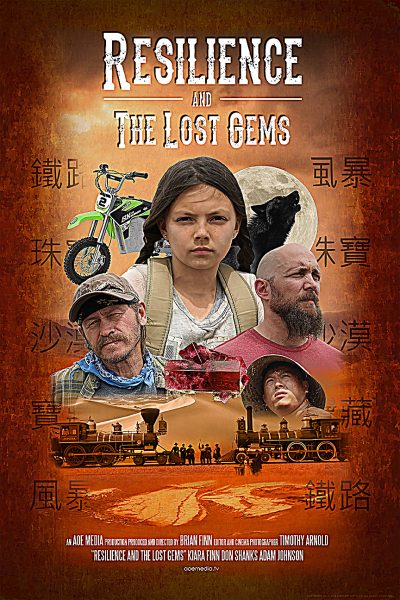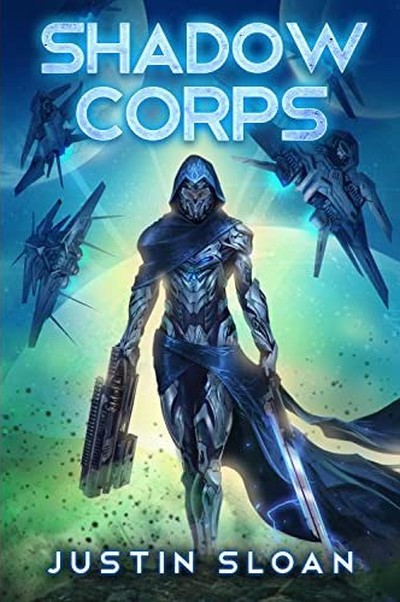★★½
“Where the streets have no name.”
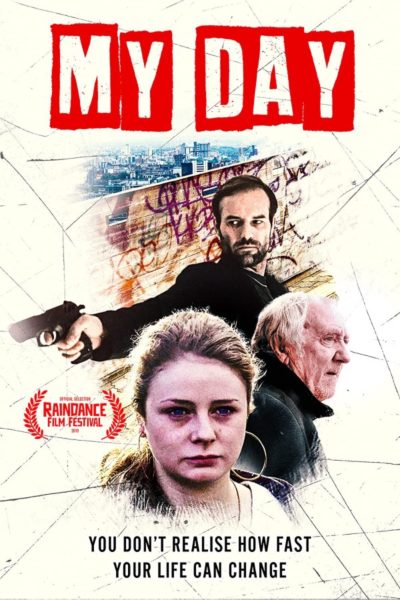 Sixteen-year-old Ally (Smith) is living her life very much on the fringes of society. Coming from a broken home, she is now homeless on the streets of London, relying on the dubious charity of questionable friends. Though Ally does have her limits as to what she’s prepared to do, she has no issue with occasional bits of work, delivering drugs for dodgy couple Carol and Gary. It’s this that gets her into trouble: a job goes wrong, after the customer tries to rape her, and Ally flees – without either the drugs or the money. Carol and Gary are bad enough. Yet even they live in mortal fear of their boss, Eastern European gangster Ilyas (Adomaitis). He wants his merch back – and Ally, as interest, for sale to his sex trafficking friends.
Sixteen-year-old Ally (Smith) is living her life very much on the fringes of society. Coming from a broken home, she is now homeless on the streets of London, relying on the dubious charity of questionable friends. Though Ally does have her limits as to what she’s prepared to do, she has no issue with occasional bits of work, delivering drugs for dodgy couple Carol and Gary. It’s this that gets her into trouble: a job goes wrong, after the customer tries to rape her, and Ally flees – without either the drugs or the money. Carol and Gary are bad enough. Yet even they live in mortal fear of their boss, Eastern European gangster Ilyas (Adomaitis). He wants his merch back – and Ally, as interest, for sale to his sex trafficking friends.
Ally ends up in Ilyas’s clutches, increasingly strung out on heroin. Luckily, help to escape comes from a couple of unexpected sources. First is Carol and Gary’s son Kevin (Jackson), who has bigger plans outside the estate on which he currently lives. Then there’s old age pensioner Frank (Kinsey – whom I remember from close to fifty years ago, playing a soldier on classic Brit-com, It Ain’t Half Hot Mum!), who has befriended Ally for his own reasons, is concerned by her sudden absence, and sets out to track her down. Are either of them prepared to cope with someone as morally bankrupt and brutally violent as Ilyas?
This is likely a fringe entry here, considering Ally spends much of the time lying on a squalid mattress, off her head. Yet there are likely just enough moments to qualify, and she has absolutely no aversion to using violence herself when necessary – beyond what any of her male allies can deliver. Although Ally is not a particularly likeable character, there is still enough of a moral code that I did find myself eventually warming to her. The problems here are more in the other cast members, who largely appear to be single-note descriptions, e.g. “kindly old codger,” with the actors not apparently given enough information to flesh them out by first-time feature director Miiro.
I did appreciate a slightly different view of London from the one often shown. Not least, it unfolds on the Western edge of the city, rather than the inevitable go-to when film-makers want to show deprivation, the East End (with an occasional foray Sarf of the river Thames!). Not that it looks notably different: still, it’s the thought that counts. The script somehow manages to end up both a bit too neat, and simultaneously leaving too many loose ends, which may be a result of this being an expanded version of the director’s earlier short. To be honest, it feels fractionally too earnest, in a Ken Loach kind of way, even if depicting a world where everyone is, to some extent, embedded in criminal culture. I suspect that was not the intended point, however…
Dir: Ibrahim Miiro
Star: Hannah Laresa Smith, Mike Kinsey, Karl Jackson, Gediminas Adomaitis





 A disease sweeps the planet, killing billions. The only ones with any hope of surviving in the outside world are the young, a small number of whom appear to have a natural immunity. Five years on, and Ellie is one of the few to have endured, scraping for a life among the leftovers of civilization. But she and the other survivors are the targets for the Stalkers: roaming groups of biohazard-suit clad hunters in white vans. They seek to capture the immune, for use in a project to develop a vaccine that can allow the elite to come out of their safe havens. While trying to avoid them, she encounters Quinn (Smith), another survivor with a wealth of knowledge, and a hard-edged approach to life. Initially, Quinn wants nothing to do with Ellie, though eventually realizes two heads can sometimes be better than one, in the never ending struggle to stay alive and free.
A disease sweeps the planet, killing billions. The only ones with any hope of surviving in the outside world are the young, a small number of whom appear to have a natural immunity. Five years on, and Ellie is one of the few to have endured, scraping for a life among the leftovers of civilization. But she and the other survivors are the targets for the Stalkers: roaming groups of biohazard-suit clad hunters in white vans. They seek to capture the immune, for use in a project to develop a vaccine that can allow the elite to come out of their safe havens. While trying to avoid them, she encounters Quinn (Smith), another survivor with a wealth of knowledge, and a hard-edged approach to life. Initially, Quinn wants nothing to do with Ellie, though eventually realizes two heads can sometimes be better than one, in the never ending struggle to stay alive and free.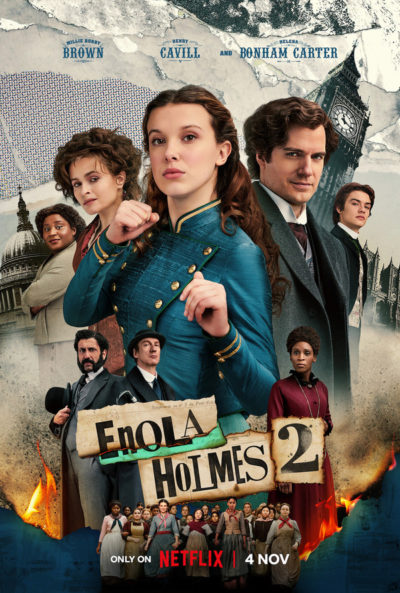 I had forgotten how much I really did not like the
I had forgotten how much I really did not like the 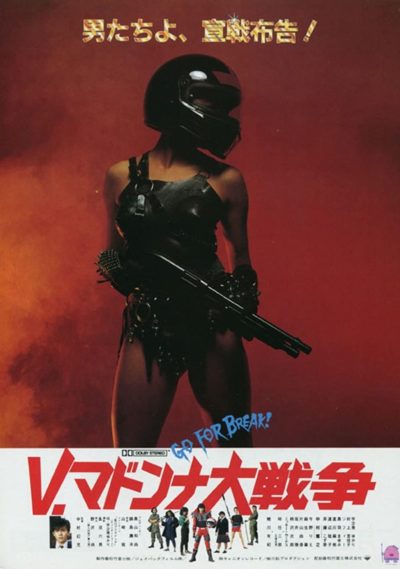 I have so many questions about the Japanese education system after watching this. It takes place in a high school whose student council is repeatedly being squeezed for extortion money by the Yagyu, a local biker gang. They ride up to the place, beating up and terrorizing the students, and generally making a nuisance of themselves. Where, exactly, is the principal when all this is going on? Teachers? Concerned parents? There is a throwaway line about how reporting things to the police would only make the gang attack harder. But you’d think
I have so many questions about the Japanese education system after watching this. It takes place in a high school whose student council is repeatedly being squeezed for extortion money by the Yagyu, a local biker gang. They ride up to the place, beating up and terrorizing the students, and generally making a nuisance of themselves. Where, exactly, is the principal when all this is going on? Teachers? Concerned parents? There is a throwaway line about how reporting things to the police would only make the gang attack harder. But you’d think 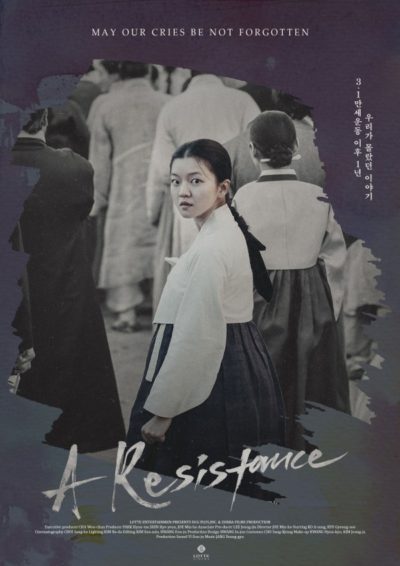 This takes place in 1919-20, when Korea was under occupation by the Japanese [there seems to be quite a lot of this about; I’ve seen a bunch of Chinese movies set when that country was occupied by Japan as well]. Even demonstrating against the Japanese, or in favour of Korean independence, was sternly forbidden, with those taking part likely to be arrested and thrown in prison for months. If they were lucky, that is: an opening caption tells us 7,500 were killed in the protests or died in jail subsequently. Even for those merely arrested, this was not a “nice” prison, to put it mildly, with horrendously over-crowded conditions (24 to a cell!), freezing temperatures and meagre rations.
This takes place in 1919-20, when Korea was under occupation by the Japanese [there seems to be quite a lot of this about; I’ve seen a bunch of Chinese movies set when that country was occupied by Japan as well]. Even demonstrating against the Japanese, or in favour of Korean independence, was sternly forbidden, with those taking part likely to be arrested and thrown in prison for months. If they were lucky, that is: an opening caption tells us 7,500 were killed in the protests or died in jail subsequently. Even for those merely arrested, this was not a “nice” prison, to put it mildly, with horrendously over-crowded conditions (24 to a cell!), freezing temperatures and meagre rations.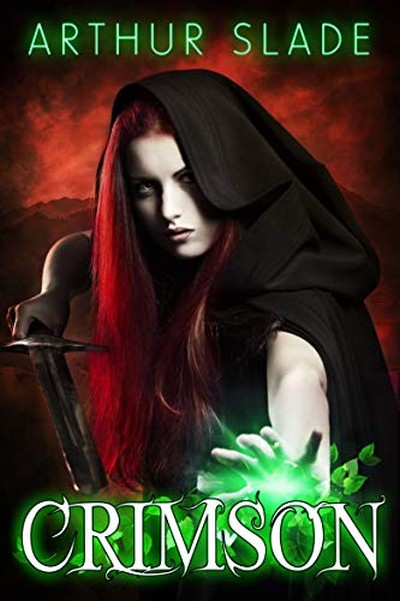
 This is as much about the philosophical underpinnings of karate, and how it can be used for personal growth. The instigator in this case is Chae-yeong (Jung), a teenage girl who has just transferred to a new school after issues at her previous educational establishment. Her long-suffering father, a karate master has barely registered her there, when trouble finds Chae-yeong. She uses her skills to rescue a student, Jong-goo (Oh), who is refusing to help some bullies cheat in an upcoming exam. This turns out to get her an unwanted high profile, as the school is basically a gangsters’ paradise.
This is as much about the philosophical underpinnings of karate, and how it can be used for personal growth. The instigator in this case is Chae-yeong (Jung), a teenage girl who has just transferred to a new school after issues at her previous educational establishment. Her long-suffering father, a karate master has barely registered her there, when trouble finds Chae-yeong. She uses her skills to rescue a student, Jong-goo (Oh), who is refusing to help some bullies cheat in an upcoming exam. This turns out to get her an unwanted high profile, as the school is basically a gangsters’ paradise.